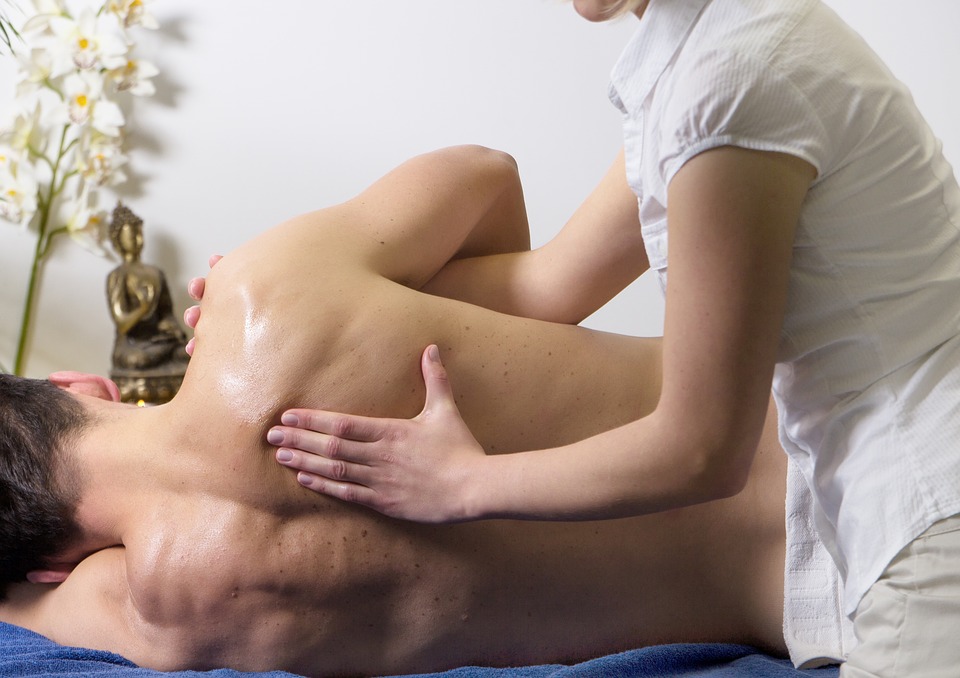
Aching muscles, stiff joints, and musculoskeletal pain are by far the most common ailments afflicting people today. The causes are numerous, and the effects range from mild discomfort to severe chronic pain. Taking painkillers is the go-to treatment for most people, who will want relief from the pain and the ability to carry on with their lives. However, there are other ways you can help yourself with simple self-care measures. You also need to be aware of when you might need medical attention, or when it’s appropriate to treat yourself at home.
Avoiding aches and pains
The best way to deal with aching muscles and sore joints is to avoid getting them in the first place! So many cases are caused by preventable actions such as poor posture, overuse, and reckless activities. Posture is a major culprit, and you probably know yourself that when you sit in your office chair or relax on the couch at night, you find yourself slumping or slouching, and then wincing when you go to get up again. If you ensure you sit correctly at a desk with a supportive chair, footrest if required, wrist rest, and remember to take frequent small breaks, you’ll find that many aches and pains simply disappear. If you don’t know how to improve your posture, then the search for helpful techniques online, or alternatively, yoga will help enormously.
Treating aches and pains
Current medical advice recommends keeping muscles and joints moving rather than taking to your bed. You do need to give any injuries time to heal, but they will do so more quickly and effectively if you include some gentle, appropriate exercise into your routine. Using support aids that take the pressure off of the affected area can help. Cold gel applications are good for reducing swelling, whilst warming treatments like heat packs and creams help to relax and unknot tight or frozen tissues. There are also some technological developments that can offer relief for specific problems, for example, the home cervical traction unit that can help ease stiff, sore necks.
How to manage more serious pain
If you are having difficulty moving, are in a great deal of pain that over the counter medications don’t seem to be helping, or your condition is not improving, you should get yourself checked out by a health professional. There may be an underlying issue such as a bulging disc in your back, badly strained tendons or ligaments, or in some instances medical issues such as thrombosis in the legs, which can present as an uncomfortable ache or severe pain with swelling and possibly discoloration. See what your doctor says, and once you have the facts, you can consider complementary therapies like chiropractic and osteopathy.
If you don’t look after your minor aches and pains they can develop into more serious problems, so make sure you sort them out as soon as they arise. If neglected, even a minor niggle can become a chronic problem, and it’s sensible to get a professional assessment of persistent pain both to reassure yourself it’s nothing serious, and to start on an effective treatment routine.